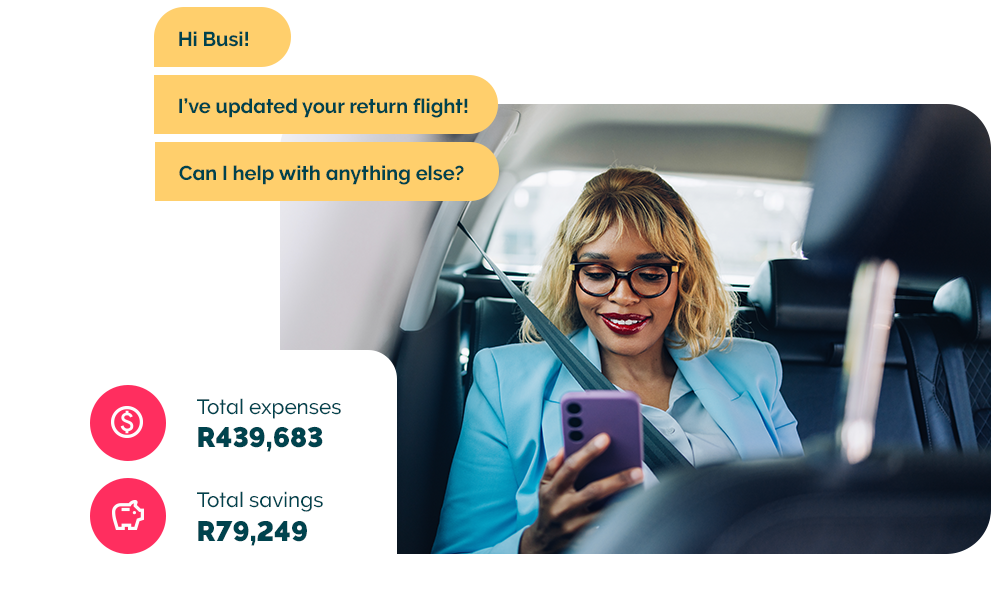
A-Z of business travel jargon
Ever find yourself slightly confused with some of the jargon used around business travel?
It can be perplexing, or sometimes you just need a helping hand to make sure you have all the specifics defined. We’ve collated some of the most common business travel terms and created a jargon busting dictionary, keeping it simple in 100 words or less. We’ve got you covered from A to Z:
About Flight Centre Travel Group
The Flight Centre Travel Group is one of the world’s largest travel retailers and corporate travel managers. The company, which is headquartered in Brisbane, Australia, has company-owned leisure and corporate travel business in dozens of countries, spanning Australia, New Zealand, the Americas, Europe, the United Kingdom, South Africa, the United Arab Emirates, and Asia. ASX listed Flight Centre Travel Group (FLT) also operates the global FCM corporate travel management network, which extends to more than 100 countries through company-owned businesses and independent licensees, along with Corporate Traveller, the flagship business specific to the small-to-medium-sized enterprise sector. For more information, visit fctgl.com.
Related stories

It's time for better business travel management
With the perfect balance of modern travel technology and dedicated experts, you really can have the best of both worlds.
- Dedicated travel manager
- Intuitive all-in-one travel platform
- Search, book, and report in minutes
- 24/7 emergency support & live-chat
- Exclusive deals, negotiated rates, and more!
